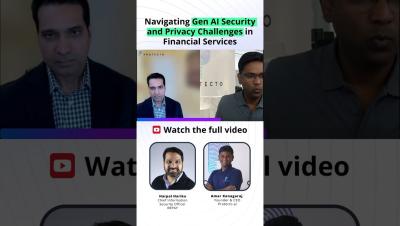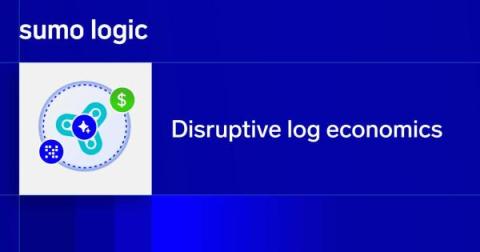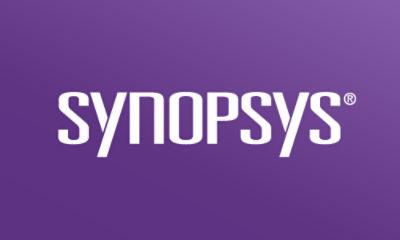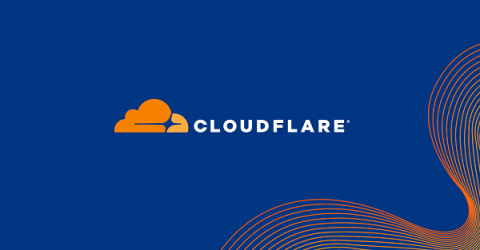LangGraph and Reflection Agents - This Week in AI
In the ever-evolving terrain of artificial intelligence, OpenAI's LangGraph is making waves by introducing a groundbreaking approach to code generation and analysis. With the prominence of tools like GitHub Co-Pilot and the popularity of projects such as GPT-engineer, the demand for innovative solutions in this domain has never been higher. LangGraph aims to meet this demand by leveraging a flow paradigm inspired by recent advancements like AlphaCodium to enhance the efficiency of code generation.











